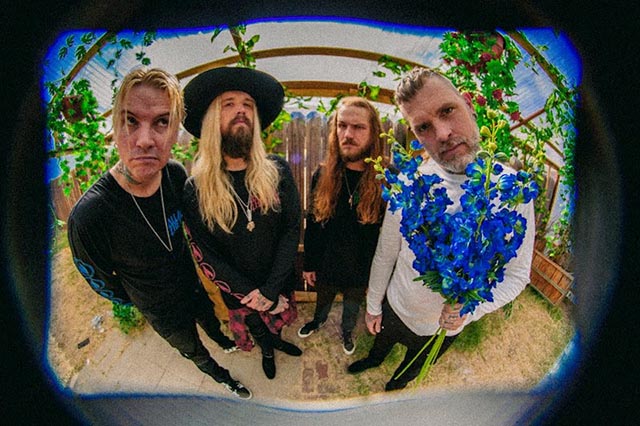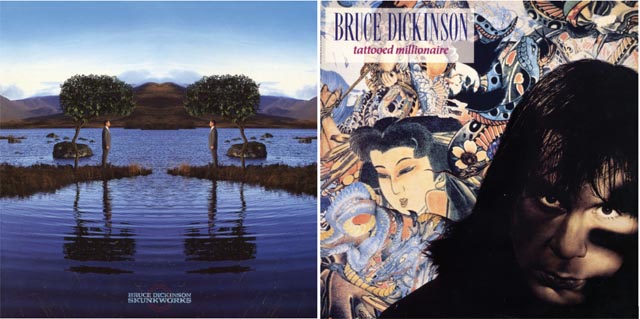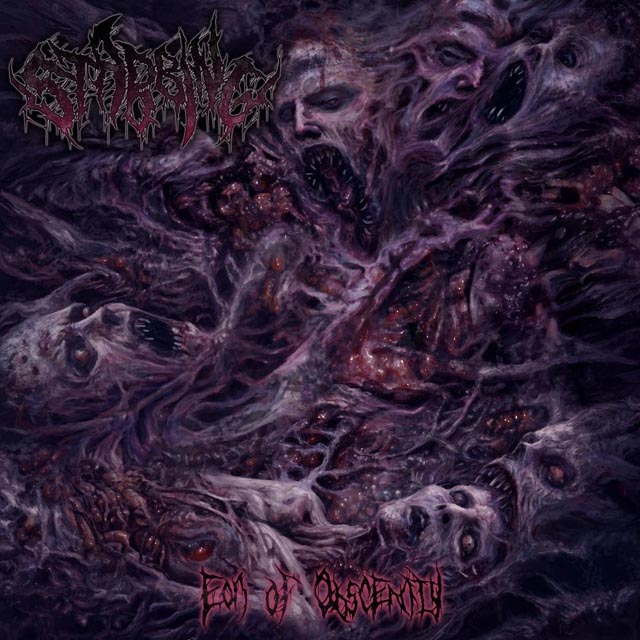
All Hail The Yeti released their new album, Within The Hollow Earth, in November 2021, which made it to one of Metal Insider’s year end lists for best albums of 2021. We caught up with guitarist Dave Vanderlinde and asked five things he learned recording new music during the COVID-19 pandemic.
Our perspective on collaboration has changed since the onset of the pandemic. We’ve chosen to embrace modern ways of writing and tracking; this has afforded us new life as a band. We no longer have to be in the same room to write our music. We’d like to share a few takeaways from this process.
First of all, it can be done! Remote recording sessions are possible, without a compromise of quality or creative control. Long-distance recording has evolved with plugins like Audiomovers ListenTo. It’s allowed us to record vocal ideas for each other in full quality over the internet, in real-time.
If your band writes as a group, things may take longer since you’re not writing in person. When we write, each of us come up with ideas separately to present to the rest of the group. Writing this way is better for us because we continue working on things alone until we’re out of ideas for that song. Then we let the rest of the band add their input.
It’s good to experiment with new methods of writing. Every band is different in this area, but finding the way you write best (and sticking to it) can propel the process forward. Alternatively, it might fail to provide the continual inspiration needed to come up with fresh material. New ways of writing might include incorporating new instruments and electronics, using a cassette recorder at first, or just going back to pen and paper.
We try to take advantage of modern tech. Equipment is cheaper than ever, and it’s easy to get demos off the ground quickly with modern DAWs and virtual instruments… and this stuff sounds good! Ten years ago, programmed drums sounded like they were indeed fake, but that has changed with the invention of multi-layer, multi-velocity sampling.
Global collaboration is the way of the future. We are fans of several records that were made remotely during quarantine times, usually with real drums, but sometimes completely programmed. In some cases, vocals were done on one side of the country, with the rest of the band tracking on the other. We’ve even seen bass tracks programmed with midi. Most modern music is not tracked completely live; most parts are layered in steps, over the course of several hours or days. There are so many ways to synthesize and sequence musical ideas; the days of four people always sitting in the room together are becoming a thing of the past.
Ultimately, the goal is to create sound waves; memorable musical moments. So does it really matter how the recording was made, if listeners enjoy it? The more quality music made, the better, and if it keeps getting easier as technology progresses, hopefully that’s a good thing.












